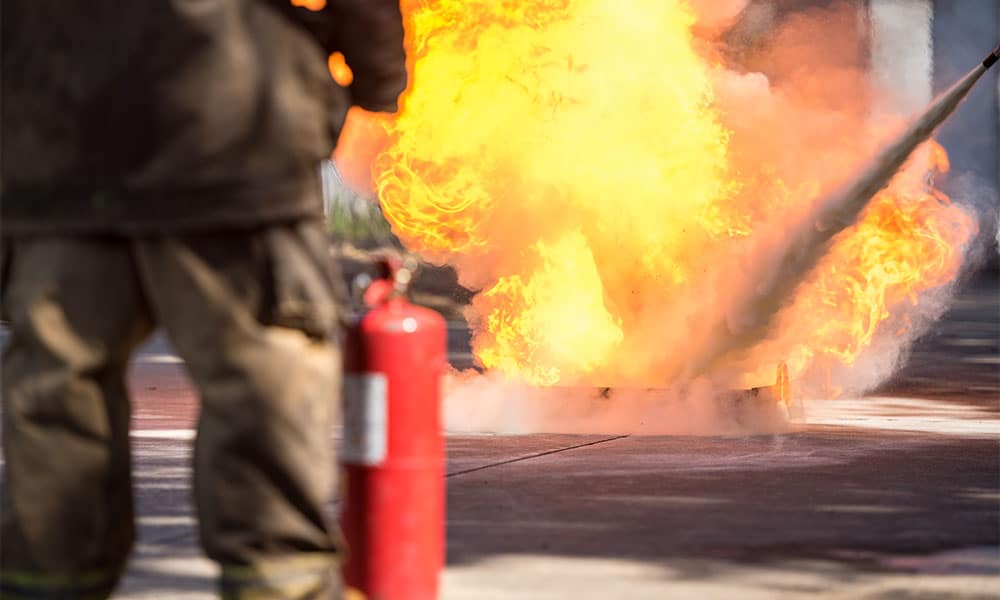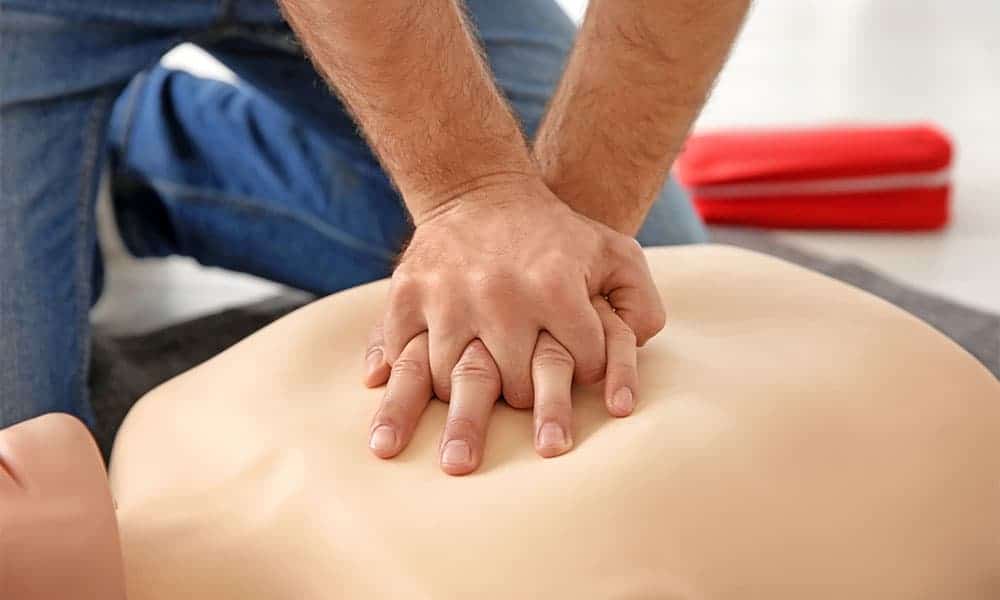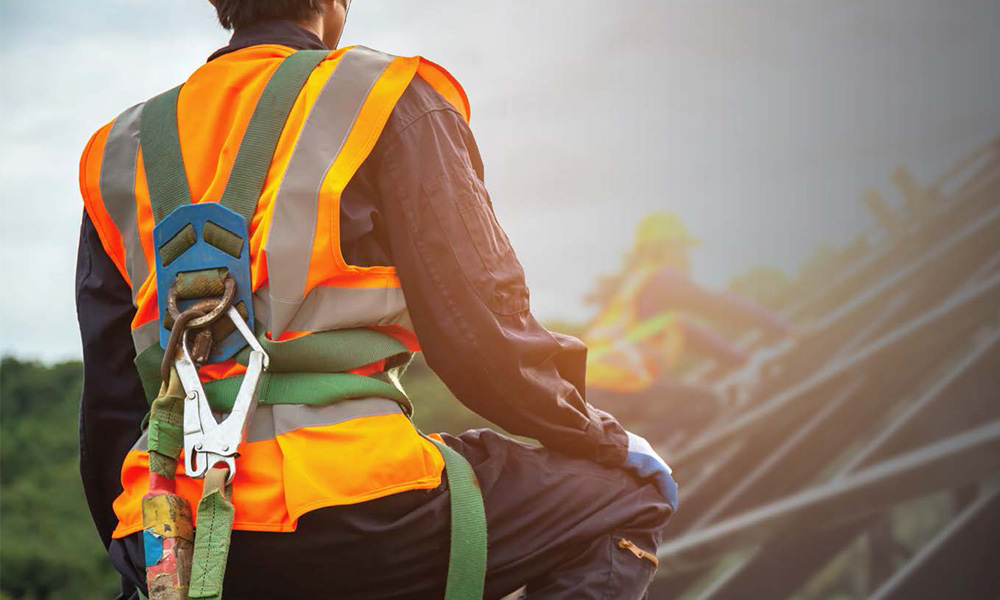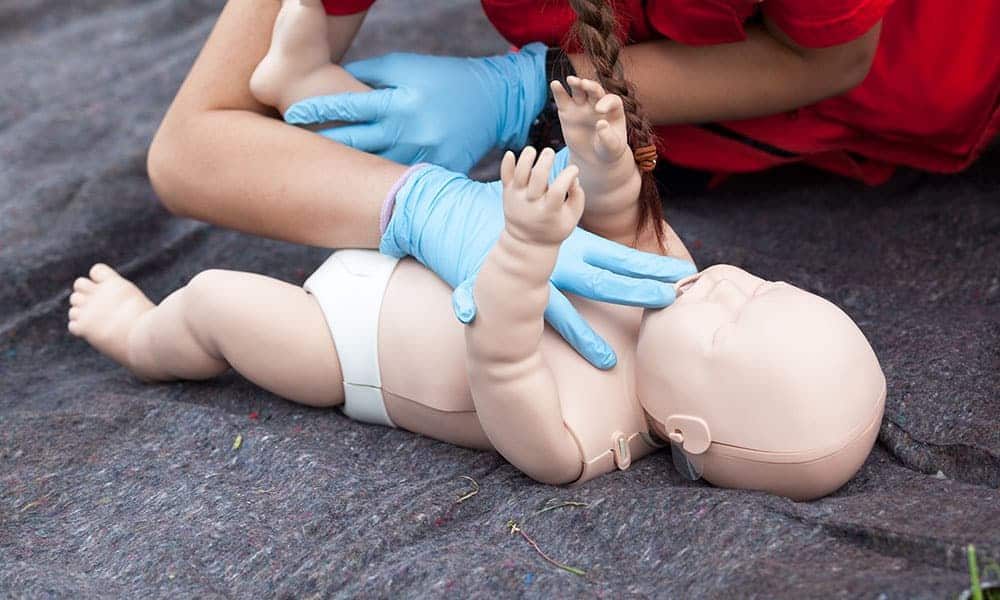Pediatric Advanced Life Support PALS Training with 15 CME pointsCertification
Introduction
The course highlights the advanced life support skills needed to resuscitate the pediatric victims successfully either prehospital or in-hospital with the emphasis that these steps should be mastered by health care providers. as per international updated guidelines the sessions should be interactive with briefing and debriefing discussion.
Course Duration
2 Days
Approvals and Accreditations
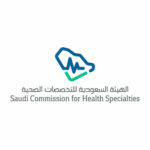

SaveFast approvals & accreditations to deliver advanced medical courses includes: Saudi Comission for Health Specialties, Saudi Heart Association and Clinical Skills & Simulation Centre by King Saud University.
Certification Validity:
2 Years
Upon completion, learners will receive a certification that can be used for renewal or application with 2 years validity.
Aim
Integrate knowledge of EMS systems, safety/well-being of the paramedic, and medical/legal and ethical issues, which is intended to improve the health of EMS personnel, patients, and the community.
Objectives:
Upon completion of the course the student will be able to:
- Knowledge of pharmacology to formulate a treatment plan intended to mitigate emergencies and improve the overall health of the patient.
- Knowledge of anatomy, physiology, and pathophysiology into the assessment to develop and implement a treatment plan with the goal of assuring a patent airway, adequate mechanical ventilation and respiration for all patients.
- Scene and patient assessment findings with knowledge of epidemiology and pathophysiology to form a field impression, differential diagnosis and formulate a treatment plan.
- Comprehensive knowledge of causes and pathophysiology into the management of cardiac arrest and peri-arrest states.
- Integrate comprehensive knowledge of the causes and pathophysiology into the management of shock, respiratory failure or arrest with an emphasis on early intervention to prevent arrest.
- Safely and effectively perform all psycho-motor skills within the scope of the Paramedic practice.
Outline :
- High-quality Child CPR AED and Infant CPR
- Recognition of patients who do and do not require immediate intervention
- Recognition of cardiopulmonary arrest early and application of CPR within 10 seconds
- Apply team dynamics
- Differentiation between respiratory distress and failure
- Early interventions for respiratory distress and failure
- Differentiation between compensated and decompensated (hypotensive) shock
- Early interventions for the treatment of shock
- Differentiation between unstable and stable patients with arrhythmia
- Clinical characteristics of instability in patients with arrhythmia
- Post–cardiac arrest management


